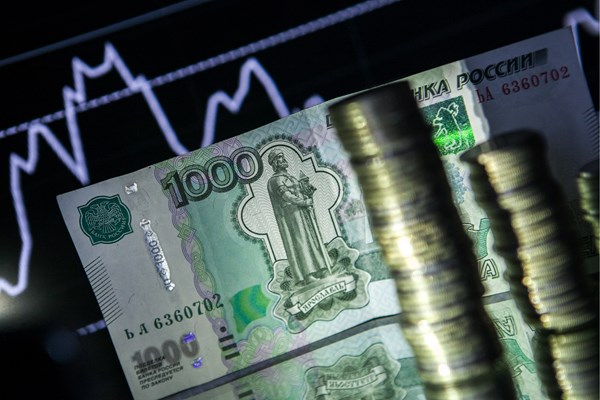Experts: Russia's economic recession affects all sectors
Russia is experiencing a recession this year, so it is too early to speak about the recovery of the economic activity of the country, according to the experts at Russia's National Research University Higher School of Economics (HSE), RBC reports.
The report states that the compression process of the economy was a "broad front" and has affected all sectors (except for wholesale trade) and, as a result, "the economy has not only reached the previous low, but has gone below it."
Experts note that Russia has completed only the first and most acute phase of the adjustment to the “new normal” of the economy, which started to decline, breaking below the previous bottom.
As for Russia's GDP, according to the HSE, it hit bottom in the first quarter of 2016. In the second quarter it was 1.4% percent below the previous bottom and 5.5% percent below the 2014 average.
The largest drop was seen in construction, which dropped 10% in six months. In the second quarter of 2016, the production volume in this sector fell below the low of the 2009 recession and fell to the same level as at the end of 2006. In comparison with the average level of 2014 the volume of construction decreased by 15%.
In addition, the HSE stressed that the improved competitiveness of Russian goods due to the weakening of the ruble could not compensate for domestic enterprises’ losses from the reduction in domestic demand.
Earlier, Russian authorities said that the lack of reforms in the Russian economy could lead to the depletion of reserves by the end of 2017.
Bloomberg previously wrote that the Russian government carried out the largest economic change in 15 years by moving from oil to agricultural products without any “fanfare and hype."
On the 24th of May, 2016 Russia placed ten-year Eurobonds into the market. It managed to place $1.75 million of the planned $3 billion. As the Ministry of Finance of the Russian Federation stated the demand is two times what was issued and the total amounted to about 7 billion dollars.
Later, the Russian language business daily, Vedomostri reported that the demand for Russian Eurobonds was "exaggerated."
